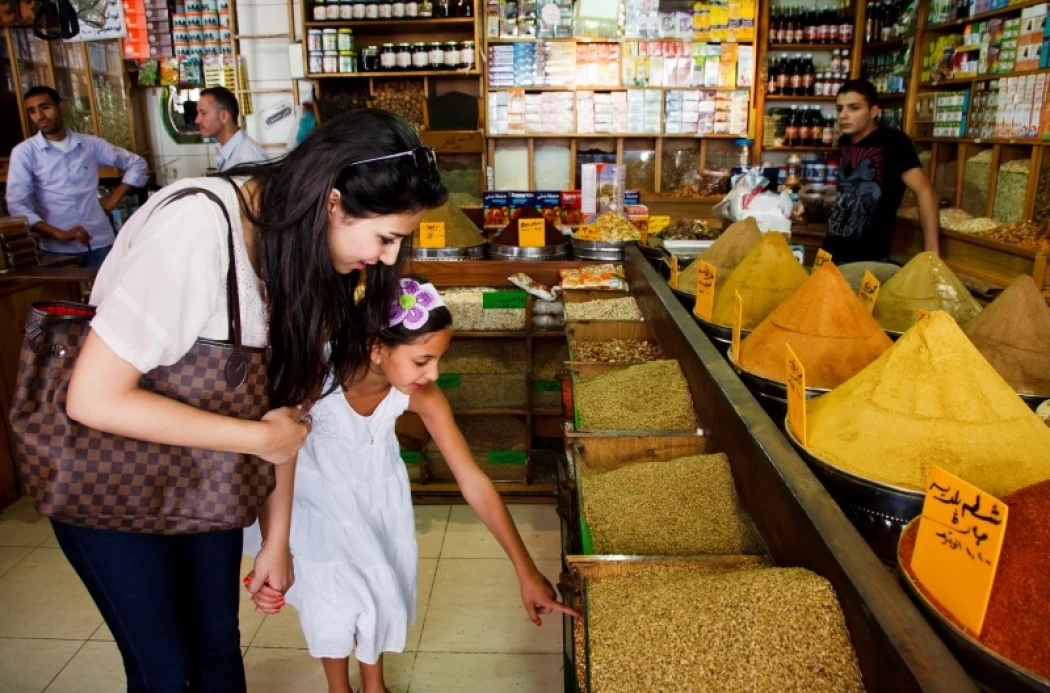
Jordan's Culinary Heritage
Jordan's Culinary Heritage
Jordanian cuisine is truly a bewitching fusion of influences from Lebanon, Turkey and Egypt, while retaining a unique identity. In this geography of travel, the tastes and smells take us many centuries back in history. Dishes in this cuisine are incomplete without spices that add layers and nuances to the taste. Cardamom, cumin, and za’atar, which is the local version of thyme, are present in every meal, a testimony of the Ancient spice trade with exotic countries like China and India.
An unforgettable culinary experience in Jordan often involves sharing meals with Bedouins in their desert tents. The conventional menu with its focal dish ‘Mansaf’ which is the national staple cuisine can be viewed as the representation of the unity and hospitality of such communities.
Mansaf is a filling meal made from rice, cooked lamb and boiled yogurt sauce further flavored with spices. This ancestral dish represents the culture of people, who have always been wandering without fixed habitation and whose cooking was based on simple foods available in arid landscapes.
In Jordan, food is more than just a daily necessity. It is the common thread that unites people, stories and traditions. Whatever the origin of the people or the language spoken, in Jordan the word “food” is on everyone's lips, testifying to the central importance of this cuisine rich in history and flavor.
Mezze, a feast in itself, are a must when dining in Jordan! These delicious starters, mostly of Lebanese origin, offer a variety of flavors to be enjoyed with “khobz” or pita bread, particularly tasty when warm and fresh. This Arab bread, often round and in the form of a wafer, comes in a variety of sizes and thicknesses.
Among the most famous mezze, hummus stands out. This puree of chickpeas in olive oil mixed with tahini is a veritable institution. A Lebanese variant, humous beirouti, is a version in which garlic and spices are generously added for an even more pronounced taste. The classic recipe combines chickpeas, olive oil, garlic, yoghurt, tahini, cold water, cumin, lemon juice, chillies, chopped parsley and paprika. Served simply or topped with a drizzle of olive oil, chopped parsley and mint leaves, hummus is a delight enjoyed by all.














